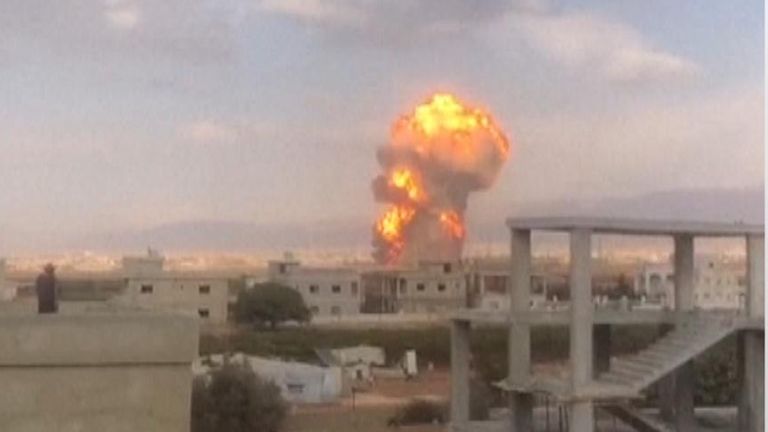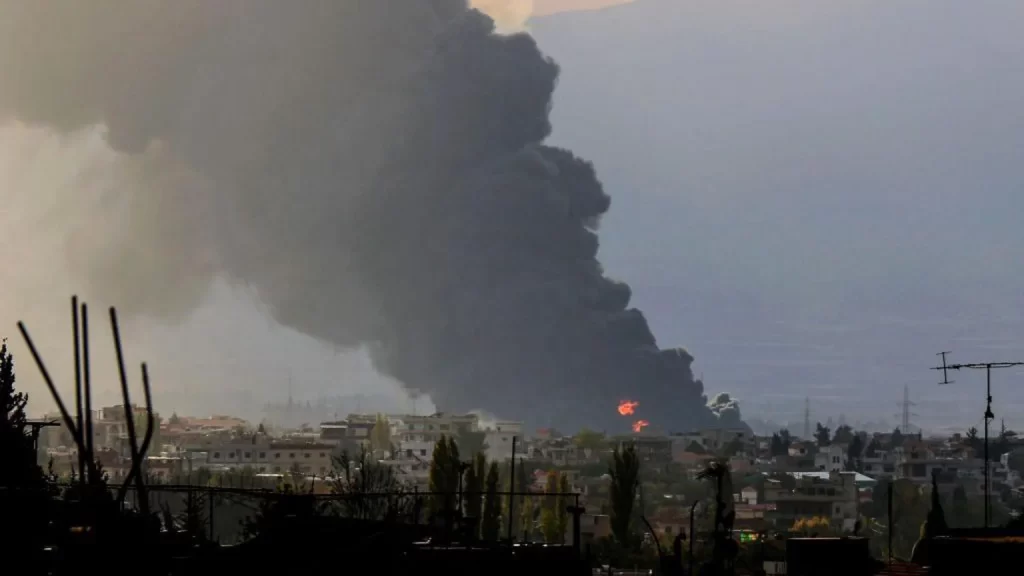Israeli strikes have killed 19 people, including eight women, around Lebanon’s eastern city of Baalbek, the country’s health ministry has said. It came hours after tens of thousands of residents fled in response to evacuation orders issued by the Israeli military that covered the entire city and two neighboring towns.

Mayor Mustafa al-Shell told the BBC that more than 20 strikes were reported on Wednesday afternoon in the Baalbek area, with five inside the city itself, where there is a UNESCO-listed ancient Roman temple complex. The Israeli military said it had struck Hezbollah command-and-control centers and infrastructure in Baalbek and Nabatiyeh, in southern Lebanon.
The attacks came as Hezbollah’s new secretary-general, Naim Qassem, said the group would continue its war plan against Israel under his leadership and that it would not “cry out” for a ceasefire. Baalbek is a key population center in the Bekaa Valley, near the border with Syria, where Hezbollah has established part of its infrastructure and recruited fighters.
Roula Zeaiter of the Lebanese Women Democratic Gathering said the evacuation orders sparked panic among residents, including displaced families from other parts of the country. “We’re scrambling like scared mice, moving from place to place. Lebanon is becoming like Gaza, with Israeli forces using the same tactics.”

UNESCO warned that World Heritage sites across the Middle East, particularly those in Lebanon, were under threat. “UNESCO recalls to all parties their obligation to respect and protect the integrity of these sites. They are the heritage of all humanity and should never be targeted,” it said.
Lebanese Prime Minister Najob Mikati expressed optimism that a ceasefire might be possible in “the coming hours or days”, as US mediators worked on a proposal for a 60-day ceasefire between Israel and Hezbollah. This would be used to finalize the full implementation of UN Security Council resolution 1701, which ended the last war they fought in 2006.
The latest strikes on the historic city of Baalbek have drawn strong condemnation, with calls to protect the ancient Roman ruins that are a UNESCO World Heritage site.



